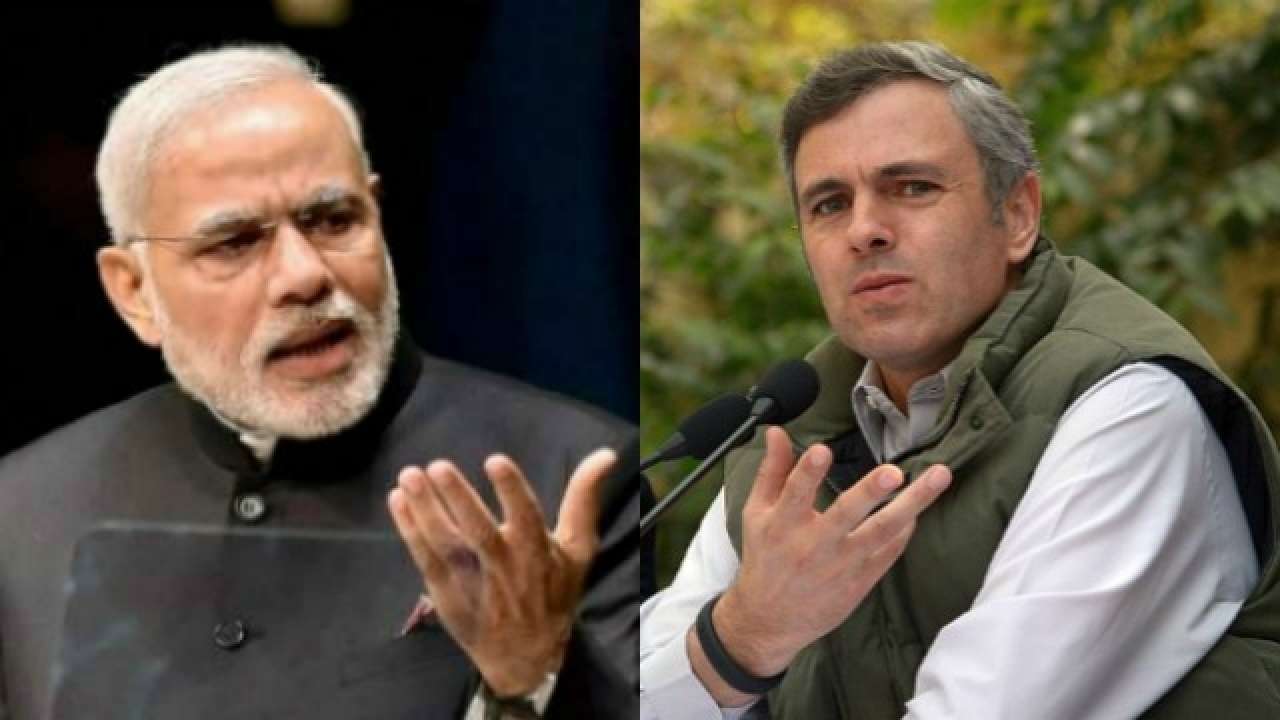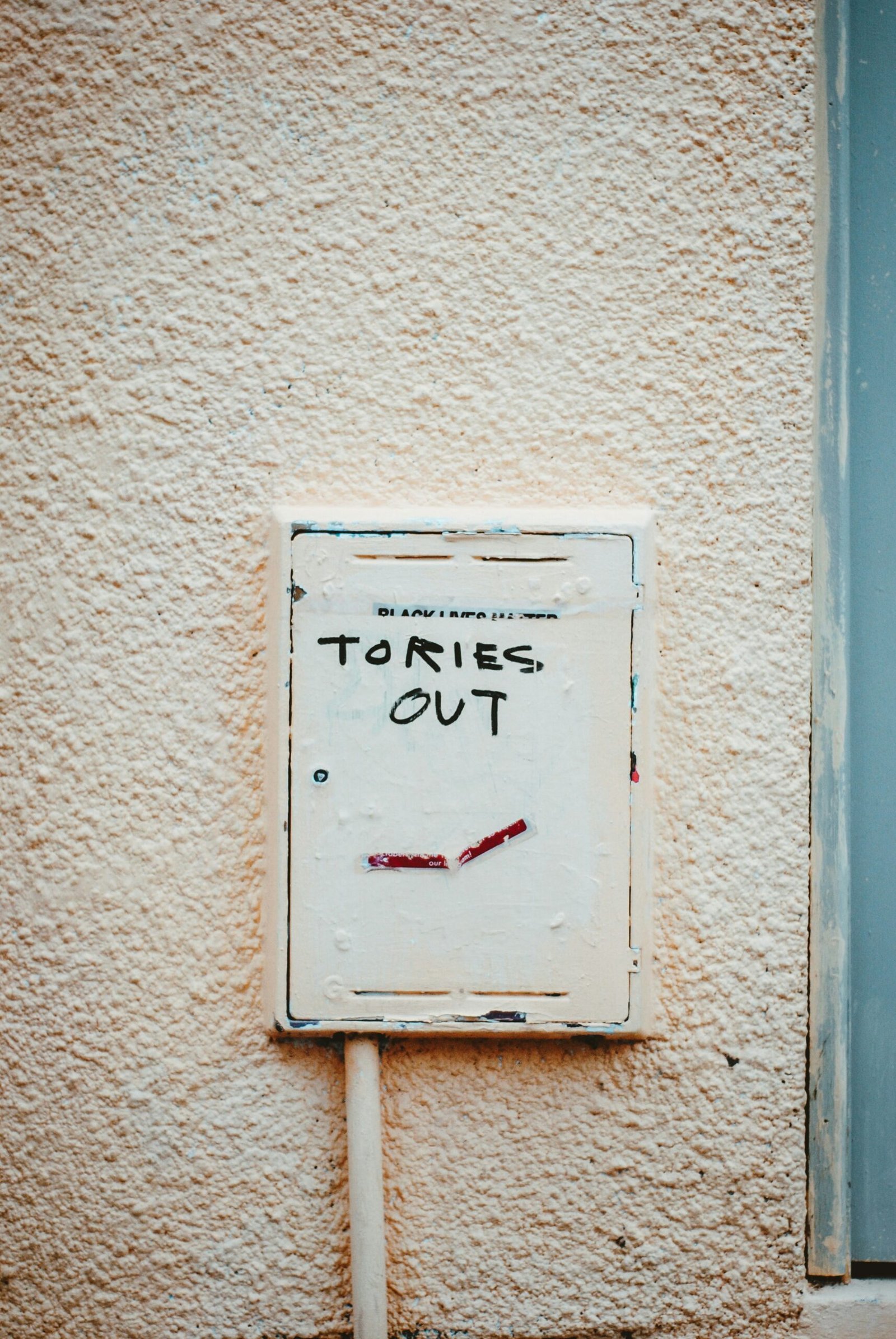Omar Abdullah’s Strong Response to PM Modi: A Call for Transparency

In a recent political exchange, former Jammu and Kashmir Chief Minister Omar Abdullah has issued a strong response to Prime Minister Narendra Modi’s remarks regarding the state of democracy and governance in the region. This interaction comes against a backdrop of ongoing discussions about transparency and accountability in governance, particularly in areas previously impacted by conflict.
Context of the Exchange
The exchange was sparked during Prime Minister Modi’s speech at an event in New Delhi, where he praised the progress made in Jammu and Kashmir since the abrogation of Article 370 in August 2019. PM Modi highlighted the restoration of peace, the introduction of development projects, and the reestablishment of democratic processes. However, his assertions were met with skepticism from Abdullah, who pointed out several discrepancies in the government’s narrative.
Omar Abdullah’s Response
Omar Abdullah, the vice president of the National Conference party, took to social media to express his concerns. He emphasized the need for transparency in the government’s dealings and questioned the claims made by the Prime Minister. Abdullah stated, “If the government believes it has achieved so much, then why is it not willing to allow free and fair elections in the region?” He argued that true democracy could only be established through open electoral processes and genuine participation from the local populace.
Key Highlights of Abdullah’s Statements
- Call for Elections: Abdullah called for immediate and transparent elections in Jammu and Kashmir, suggesting that the prolongation of statehood and local governance reflects a lack of commitment to democracy.
- Concerns Over Governance: He raised questions about governance effectiveness and accountability, challenging the assertions of improvement in law and order that the PM claimed.
- Public Sentiment: Abdullah pointed to the palpable sense of disenfranchisement among the residents of Jammu and Kashmir, arguing that without engaging the public in the democratic process, the government’s initiatives would be viewed as superficial.
- Historical Context: The former Chief Minister reminded the public of the historical context of Jammu and Kashmir’s political climate, emphasizing the importance of restoring faith in a governance system that resonates with the local citizens.
Conclusion
The exchange between Omar Abdullah and PM Modi highlights the ongoing tensions in Jammu and Kashmir regarding governance, democracy, and public sentiment. Abdullah’s strong stance for transparency and electoral integrity calls into question the government’s narrative on progress in the region. As debates continue, the demand for genuine democratic engagement remains at the forefront of political discussions in Jammu and Kashmir.
For more information on the political situation in Jammu and Kashmir, visit:
This developing story underscores the importance of open discourse in shaping the future of democracy in Jammu and Kashmir.

Average Rating